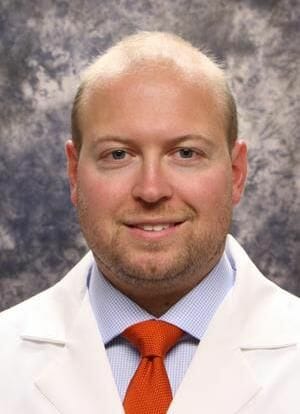Preparing yourself to become a pain management specialist is a very important step in building your career. Even though you are taking the right steps by becoming a pain management specialist, there are many things you need to do to get your name and business engaged in the community. Dr Wayne Lajewski will give you insights on getting started.
Schedule A Meeting With A Professional Pain Doctor
If you’re considering becoming a pain management specialist, the first step is to schedule a meeting with a professional pain doctor. They can help you understand what it takes to become certified and how much experience you need to become certified.
They’ll also set up your first patient appointments so that you can see what it’s like working with patients who are in pain. You’ll get hands-on experience and learn how to treat patients with chronic pain.
Learn The Basic Skills Needed As A Pain Management Specialist
You are about to embark on a rewarding career as a pain management specialist. As you begin your journey, there are some basic skills that you will need to develop. If you’re serious about becoming a pain management specialist, then you must learn the basic skills required for this position.
The first thing that comes to mind is pain management training. You should also be familiar with the latest technology in this field, including medications and treatments. If you want to be a pain management specialist, then you must learn all about what it takes to do this job properly.
Gain Experience And Improve Your Pain Management Knowledge
Dr Wayne Lajewski To become a pain management specialist, you’ll need to gain experience and improve your pain management knowledge. If you already have some experience in the medical field, then this is a great place to start. If not, there are many options for you, such as volunteering at a hospital or clinic.
You can also take classes on topics like anatomy and physiology, psychology, pharmacology, and medical terminology. These courses will help you understand how the body works—and how it reacts when an injury occurs.



